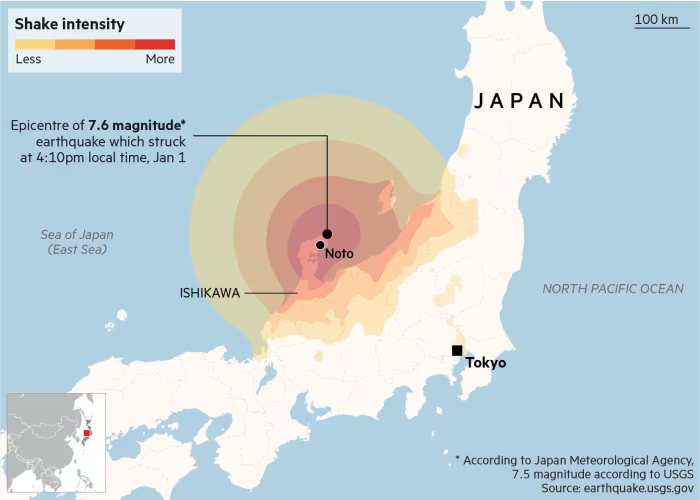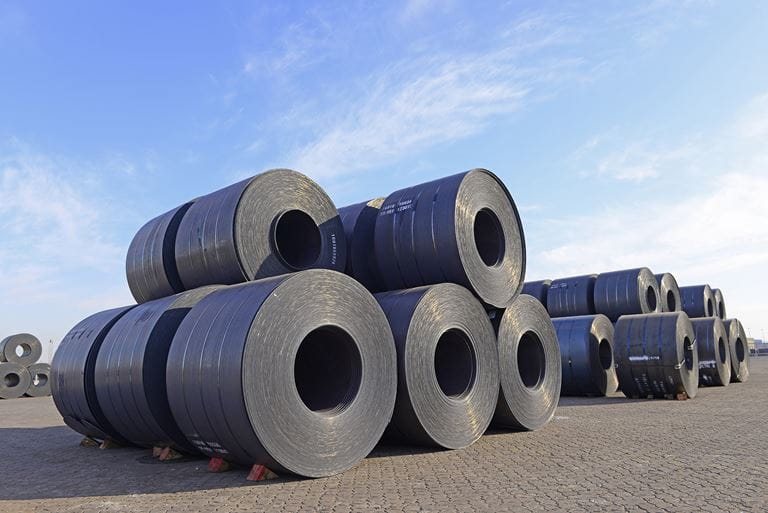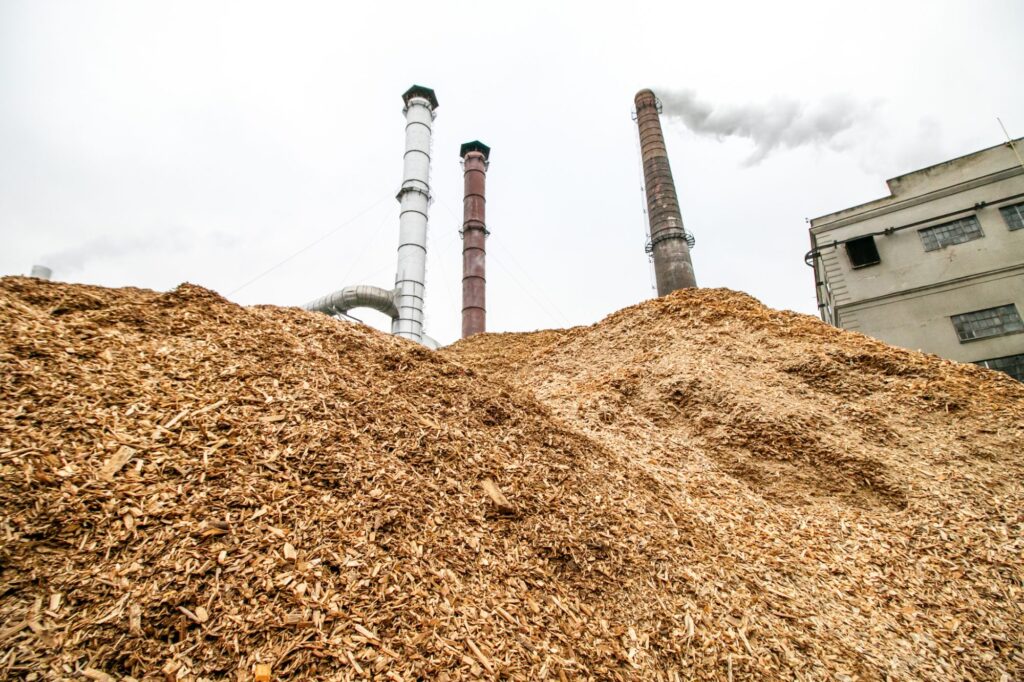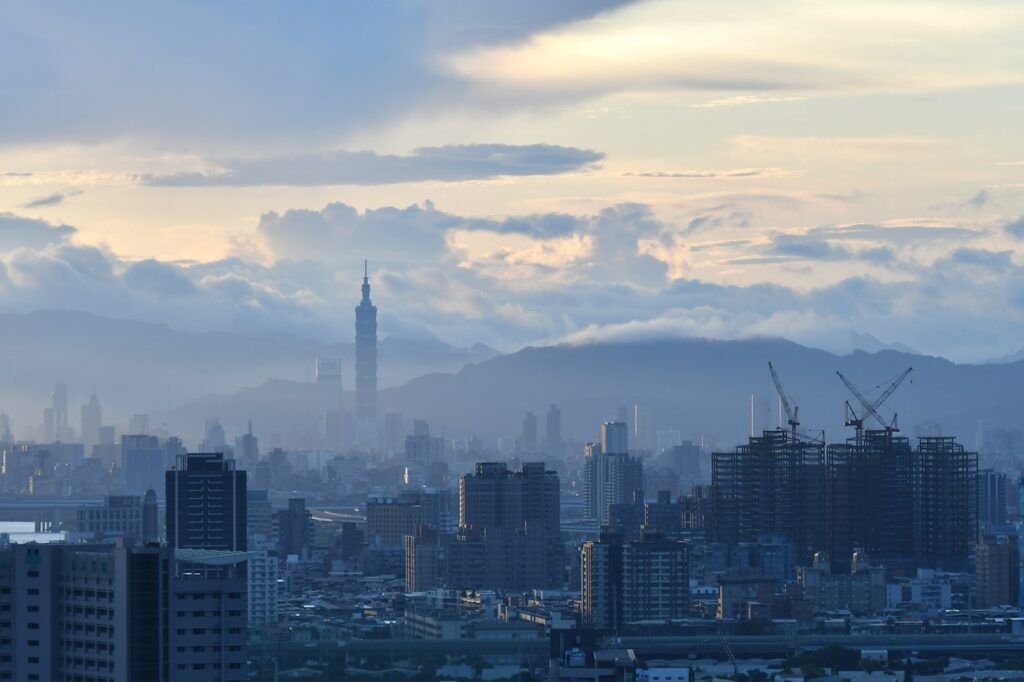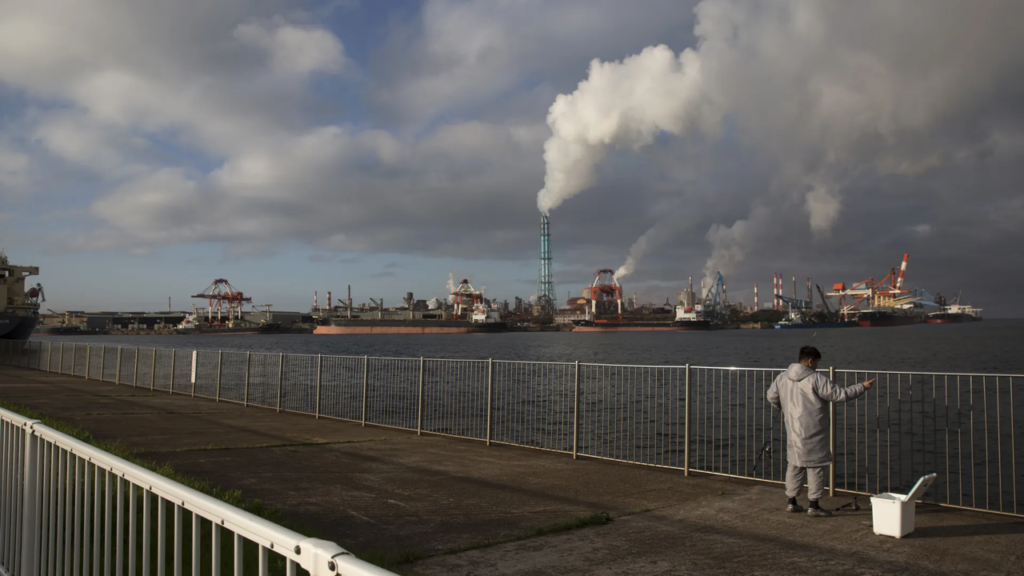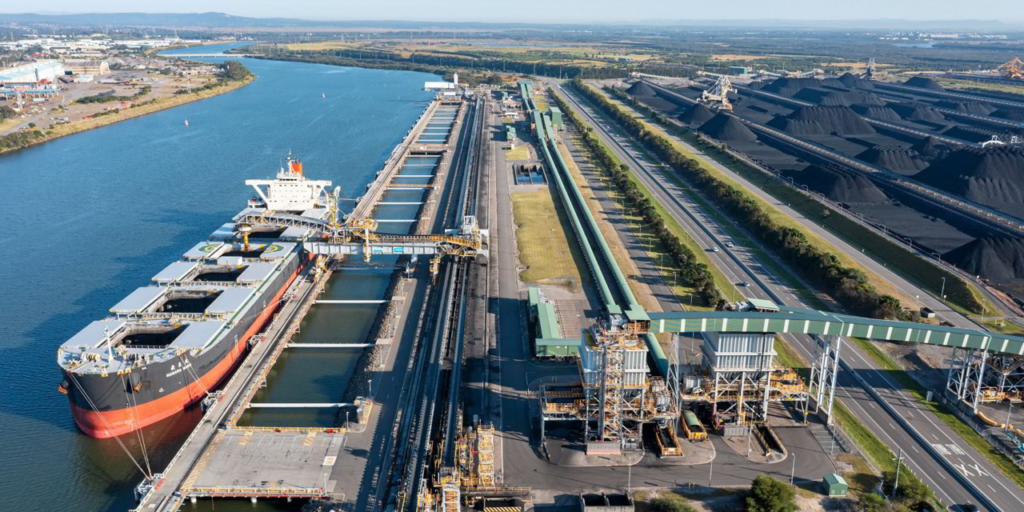A massive earthquake with a magnitude of 7.6 struck the Noto Peninsula in the northern part of Ishikawa prefecture in the Hokuriku region in Japan on Jan. 1, shutting down at least 1.2 GW coal-fired power capacity at the Nanao Ota thermal power plant and reducing output at the Toyama-Shinko gas-fired power plants. The preliminary 7.6 magnitude earthquake hit in the midst of the country’s winter power demand season.
The earthquake struck east northeast 30 km of Wajima at a “very shallow” depth in the Noto region in Ishikawa prefecture around 4:10 pm local time (0710 GMT) Jan. 1, according to the Japan Meteorological Agency.
The JMA has issued a major tsunami warning for the Noto Peninsula, and tsunami warning and advisory along the coastline of the Sea of Japan covering Honshu and Kyushu and Hokkaido. The earthquake shut Hokuriku Electric’s 500 MW No. 1 and 700 MW No. 2 coal-fired units at the Nanao Ota thermal power plant, as well as reduced output at its 500 MW gas-fired Toyama-Shinko thermal power plant to 300 MW but operations will continue at the reduced rate, the Ministry of Economy, Trade and Industry said in a statement.
As of 8 pm local time, roughly 34,000 houses were cut off from electricity in Ishikawa, Niigata and other prefectures due mainly to damages at electricity receiving and distribution facilities, not from power transmission lines and substations, METI said.
Hokuriku Electric’s overall electricity supply, however, is ensured from directing Kansai Electric to supply electricity to Hokuriku Electric, METI said.
JERA shut the 595 MW No. 2-2 gas-fired unit at the Joetsu thermal power plant at 5:35 pm local time Jan. 1 for inspecting any damage from the earthquake, JERA said in a filing to the Hatsuden Joho Kokai System. JERA, however, said it will restart the No. 2-2 Joetsu gas-fired unit Jan. 2.
Local authorities in Russia’s Far Eastern regions of Sakhalin, Vladivostok, Khabarovsk and Primorye issued tsunami warnings. Russia’s Far East is a key oil and gas producing region and is home to several ports and pipelines that supply Asian markets.
A spokesperson for Russian pipeline operator Transneft said that there are currently no problems with supplies via the network.

